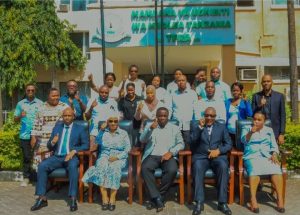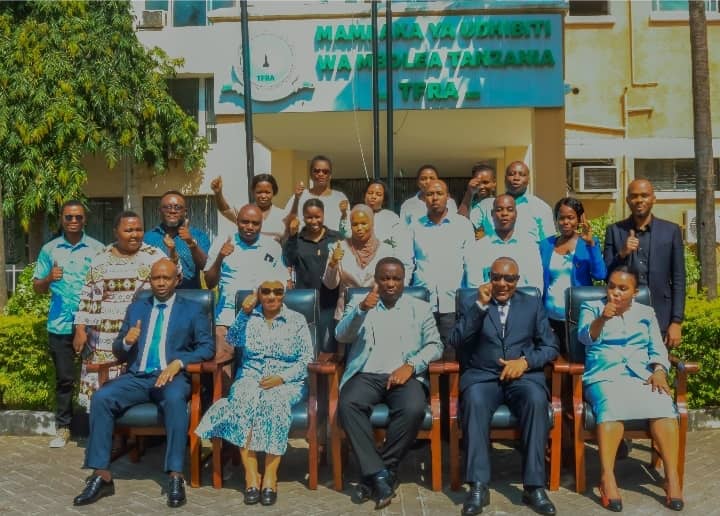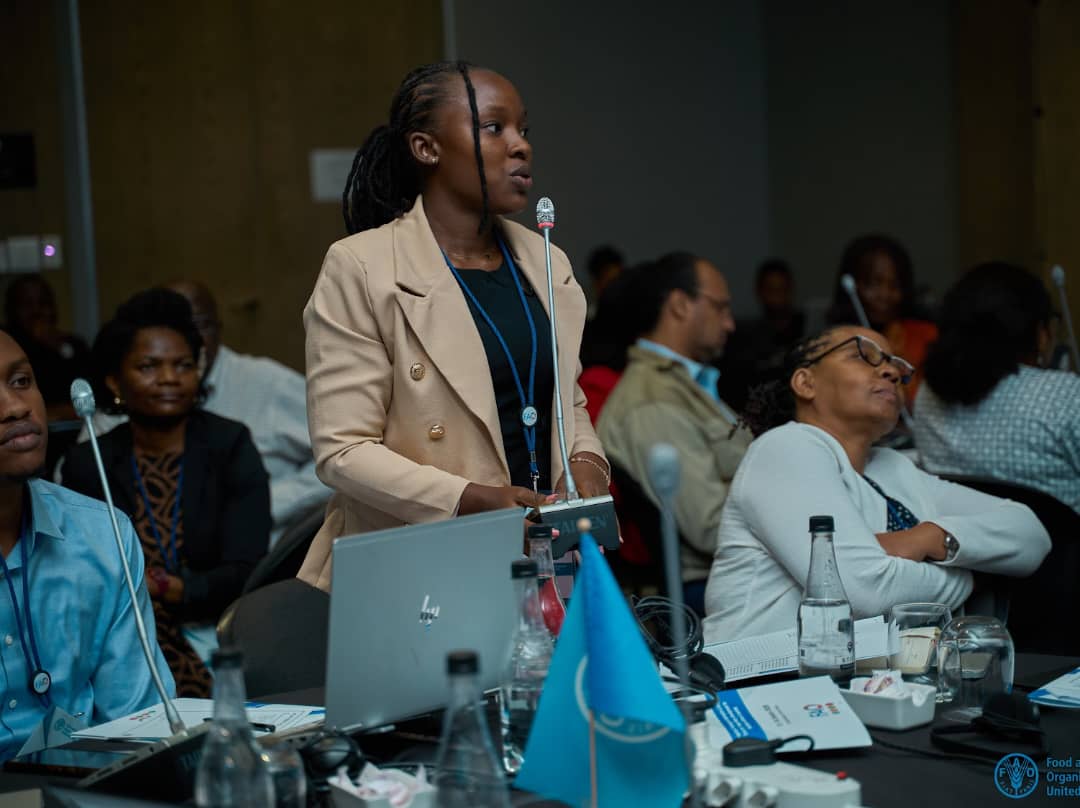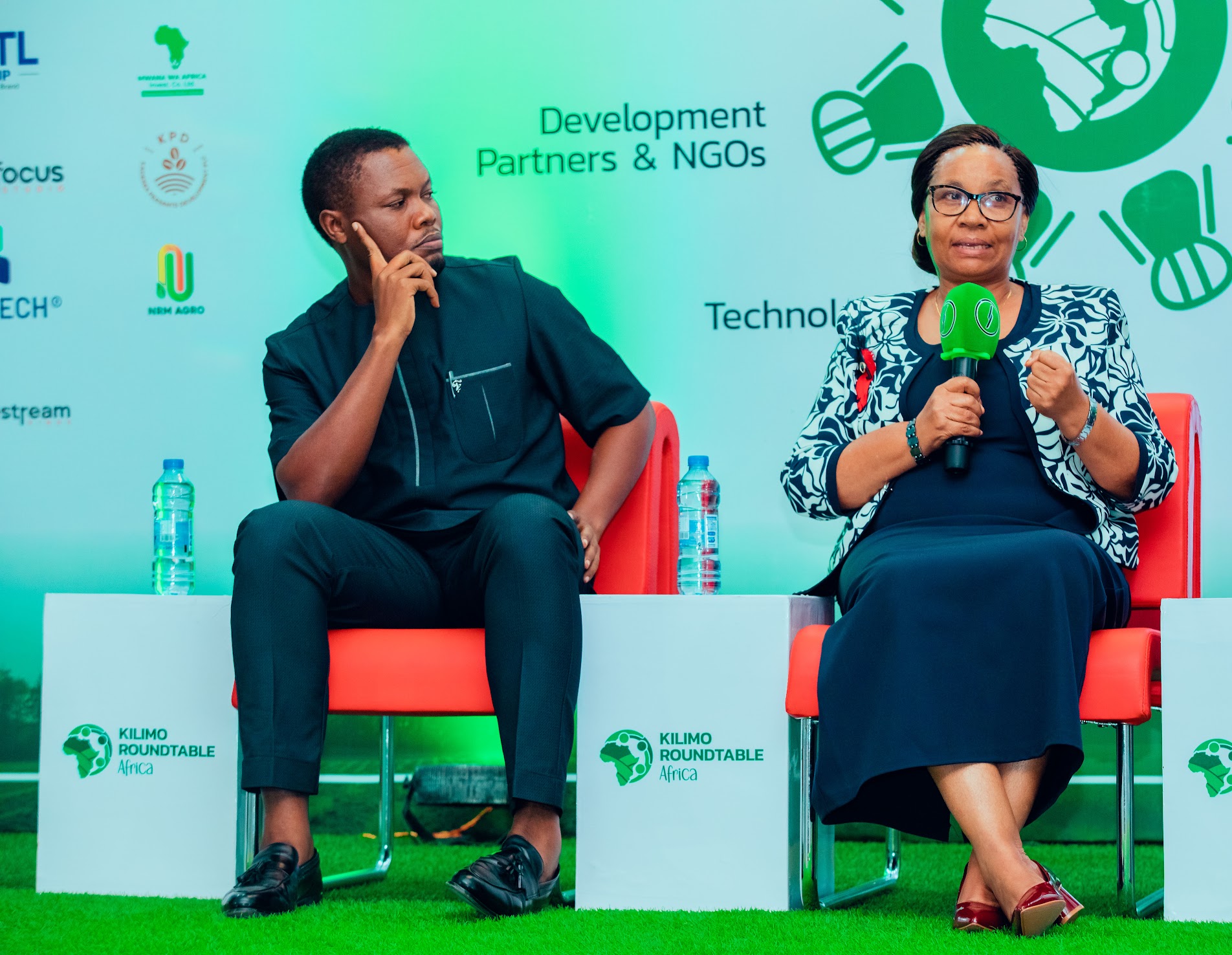
On June 10, 2024, a workshop titled “Using Evidence-Based Learning to Drive Policy Measures and Government Strategies for Effectively Managing Input Price Spikes in the Case of Tanzania” hosted at the head office of Tanzania Fertiliser Regulatory Authority . The event brought together 27 diverse stakeholders from the fertiliser sector, including researchers, regulators, non-governmental actors, agro-dealers, local government authorities, and fertiliser importers and traders.
Among the objectives of this workshop was the validation of the results of the research findings in connection with the fertiliser price spikes and other critical aspects connected with the fertiliser sector in Tanzania that were researched by the team of researchers from Sokoine University of Agriculture in under ANAPRI (Africa Network of Agricultural Policy Research Institute) in collaboration with Purdue University, USA.
The workshop attracted positive and value-adding contributions from the stakeholders which helped to partly provide answers to the questions laid out by researchers in three themes.
Discussion theme was around on how to promote efficiency and broader participation in the supply chain, distribution and adoption of fertiliser.
Group 1: Questions discussed by Public Sector Group
- What policy areas in the fertiliser regulatory framework could be improved? And why?
- What can be done to facilitate more companies to participate in importation of fertiliser
- What can be done to facilitate distribution of fertiliser to farmers?
- What could be done to increase fertiliser usage adoption?
Group 2: Questions discussed by the Private Sector Group
- How can you engage agricultural input businesses to transform them to agro-dealership in the fertiliser industry?
- How to promote access to fertiliser beyond regional centers? (discuss private sector roles and other potential stakeholders’ roles)
- How to evolve a model that triggers discussion with stakeholders to counter fertiliser price spikes (factors for consideration in building the model)
- What transaction costs and how to manage them that leads to higher fertiliser prices in the domestic market compared to the world market.
Group 3: Questions discussed by NGO/NSA
- Agro-dealers and stockists are not organised into a representative organisation. What should be done to increase their voices in the fertiliser industry?
- What could be done to increase fertiliser usage adoption?
- What policy area in the fertiliser regulatory framework could be improved? And why?




